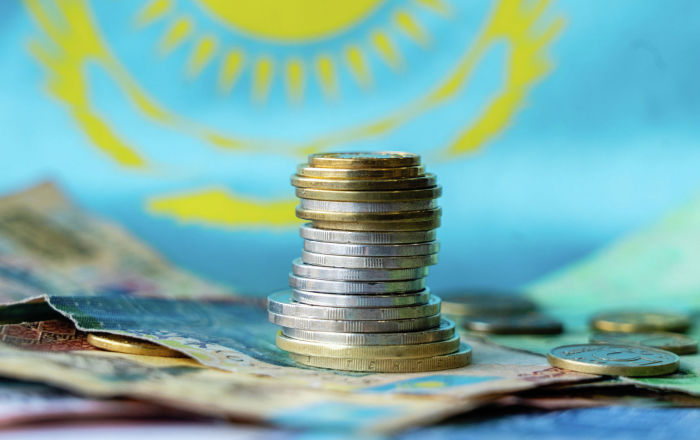
This year has already become one of the most difficult for Kazakh farmers in recent years. The introduction of the state of emergency, quarantine, ban on exporting products abroad, utilization fee for agricultural machinery - these and many other factors, in one way or another, have affected the farmers. At the same time, it should be noted that the government has also provided some assistance: additional funds were allocated from the budget for soft loans to producers, the instrument of forward purchases of agricultural products began to be introduced, a new subsidized system of agricultural insurance came into force.
We asked ourselves a question: how can farmers increase their incomes under current conditions? In order to find out the answer, we sent a request to the Ministry of Agriculture of the Republic of Kazakhstan, in which we identified the following questions: which agricultural products are currently the most promising from the export perspective, which countries are the most attractive in this regard, how is the situation with exports today?
As the Ministry of Agriculture noted, the most promising products for export today are products with high added value, that is, flour, vegetable oils, confectionery products, fat and oil products.
"It is most profitable to increase the volume of exports of finished processed agricultural products, rather than raw materials," the ministry said.
At the same time, new trends in the agricultural market have been clearly outlined lately. Thus, camel breeding has become an attractive direction for business in Kazakhstan.
Turkestan region has already established itself as a leader in this area. Back in the spring, the Prime Minister of Kazakhstan noted that the production of camel milk processing plant, which was built in the region, is a great success.
"Due to the purchase of raw materials at an attractive price, the demand for milk has increased, the development of camelry has intensified. The cost of one camel has doubled across the country, and the industry has become extremely attractive," said Askar Mamin at a government meeting.
In turn, Turkestan Regional Akim Umirzak Shukeyev said that the number of camels in the region is planned to be significantly increased.
"We had 30 thousand camels, but now the growth dynamics is about 10%. This is due to the fact that a liter of camel milk costs 1000 tenge. The cost of the camels themselves has also increased, today it is about 1 million tenge. We buy camels from all oblasts, and we also plan to buy from Turkmenistan," Umirzak Shukeyev said.
The example of Turkestan region may motivate farmers from other regions to take up this business as well, given that there is demand for products not only in our country but also abroad.
In this sense, it was timely reported that the World Bank will allocate a large sum - $500 million - to Kazakhstan for the development of animal husbandry. Within the framework of this project, Kazakhstani agrarians are expected to receive soft loans. Requirements and rates have not been voiced yet, but it makes sense to pay attention to this possibility.
As we were informed by the Ministry of Agriculture, within the framework of export of agricultural products (including crop production) and processing products, traditional markets have been opened for farmers from Kazakhstan: Tajikistan, Uzbekistan, Kyrgyzstan, Turkmenistan, Afghanistan, Mongolia, Russia, Georgia, Belarus, Azerbaijan, Armenia, Turkey and Japan. In other words, there are opportunities for growth, especially if efforts are concentrated on the production of products that are scarce for foreign countries.
Just recently it was reported that Japan would start buying horse from Kazakhstan to produce valuable delicacies. 34 domestic enterprises have already expressed their desire to join the group of exporters by submitting relevant applications to Atameken NCE.
"It is worth noting that Japan is interested not only in the import of horse meat, but also in the supply of live horses for slaughter," the Ministry of Agriculture reported.
The "bottomless" market of China and "unknown" market of Iran, which traditionally demonstrate high demand for grains and oilseeds, are of no less interest to Kazakh producers. In this respect rapeseed breeding can be an interesting niche for agricultural producers in Kazakhstan, because it is from this niche that such valuable as of late rapeseed oil is obtained.
At the same time, it is worth recalling that in order to provide the domestic market of Kazakhstan with the necessary amount of food during the state of emergency due to the COVID-19 pandemic, the country has established restrictions on the export of some agricultural products and products of its processing.
"In this regard, at the end of the year it is expected to reduce the volume of exports of major export goods," was stated at the Ministry of Agriculture.
Given the current uncertainty with the further development of the pandemic, which affects the work of agricultural producers, it may make sense to wait for the normalization of global and regional economic processes so as not to be in a vulnerable position.






































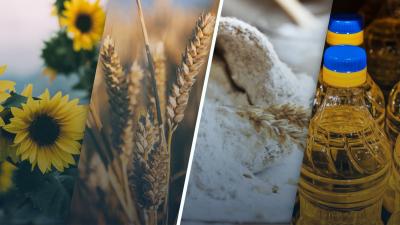

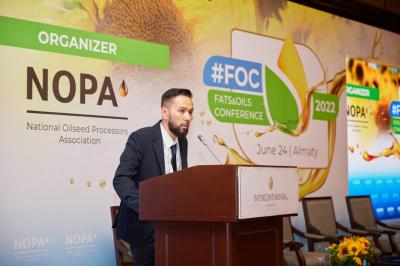
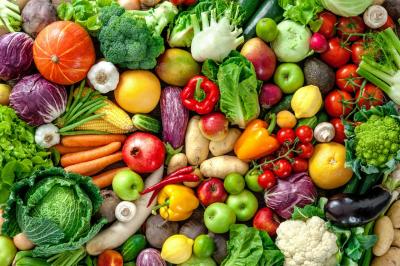
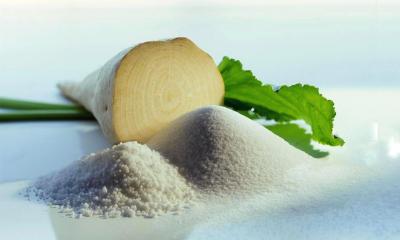

Обсуждение